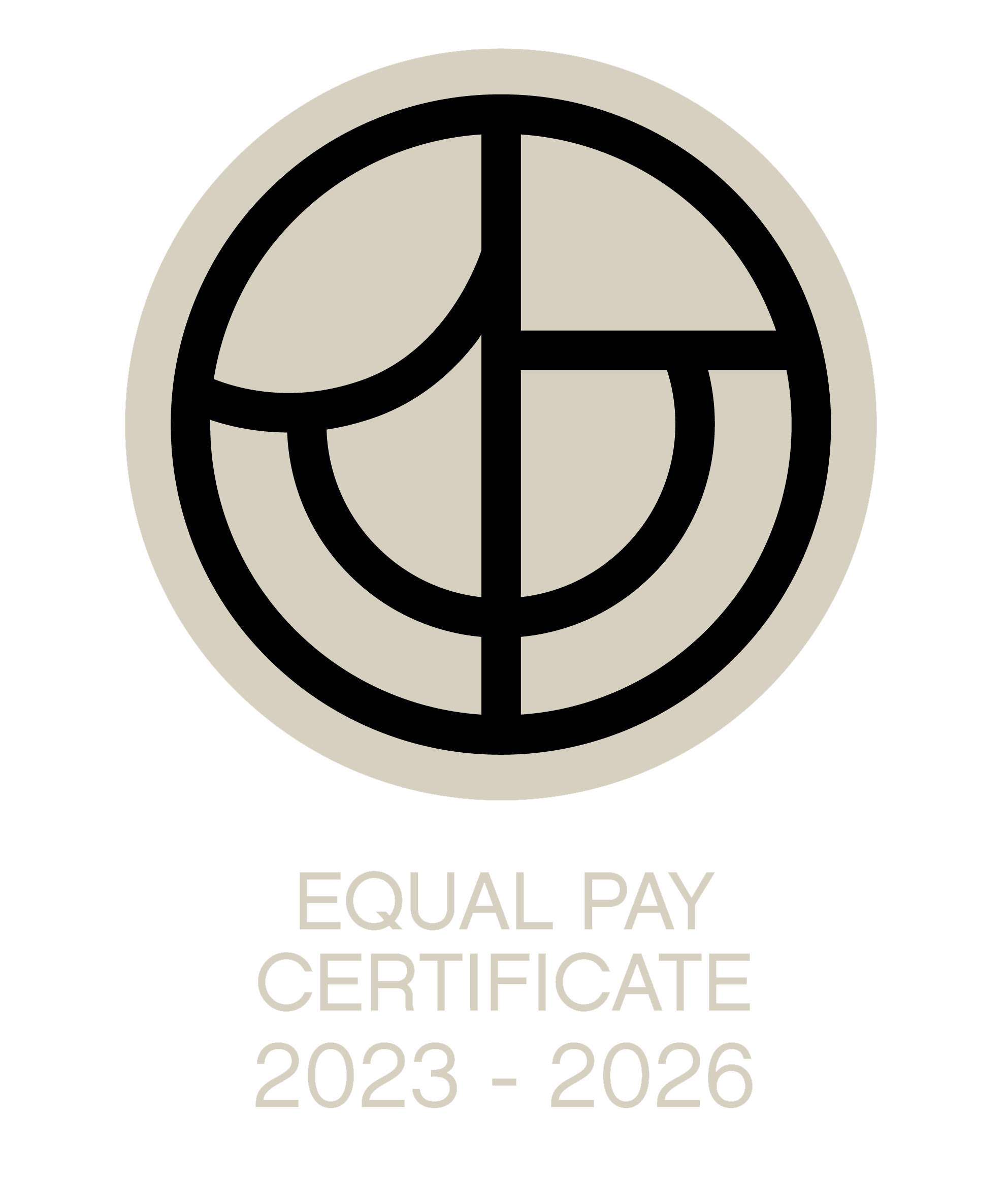Díana Berglind Valbergsdóttir will defend her master's thesis in Planning, "Criteria for Location Selection for Grocery Stores in Reykjavik: Market Interests and Sustainability Perspectives" at the Faculty of Planning and Design at the Agricultural University of Iceland.
Díana's main supervisor is Dr. Harpa Stefánsdóttir, Professor at the Agricultural University of Iceland, and her co-supervisors are Dr. Emmanuel Pierre Pagneux, Assistant Professor at the Agricultural University of Iceland, and Dr. Lúðvík Elíasson, Economist.
The examiner is Haraldur Sigurðsson, Urban Planner (MSc.) and Head of Municipal Planning, City of Reykjavík.
The master's defence will take place on Monday, May 27, 2024, at 1:00 PM in Sauðafell, 3rd floor of Sauðafell, Keldnaholt, Reykjavík, and on Teams. The defence is open to everyone.
Abstract
This study examines the relationship between ideas of sustainable urban planning and the location of grocery stores in Reykjavik. The aim is to promote active modes of travel as well as increase access to essential services, especially grocery stores that sell products that can be classified as „daily needs“. Using the central place theory as a guide as well as calculations of population density and visual representation from the ArcGIS Pro geographic information system, the study shows that 36% of Reykjavik residents do not have the option of walking to a grocery store in 10 minutes or less.
A total of 14 grocery stores out of 30 do not have a sufficient population within walking distance for the store to be run successfully by relying solely on foot traffic and is therefore reliant on car traffic. The study also identified a few neighbourhoods where there is a lack of adequate access to grocery stores within 10 minutes walking distance.
The decision-making process owners use when selecting a location for grocery stores, based on market considerations, is also explored. That insight is crucial to develop a better understanding of the marketing perspective which is not always congruent with ideas of sustainable urban development. By taking into account the ideology of business owners, an analysis is made about possible new locations of grocery stores to expand service area coverage and thus increase the number of residents who have the option of getting there within 10 minutes using active travel means. This study provides an input to the discussion of the geographical distribution of grocery stores and how it relates to sustainable urban development. The aim is to analyze the complex interaction of ideas of sustainable urban planning and the marketing perspective of business owners. The results indicate that there are opportunities for improvements that would provide steps towards sustainable urban development.






